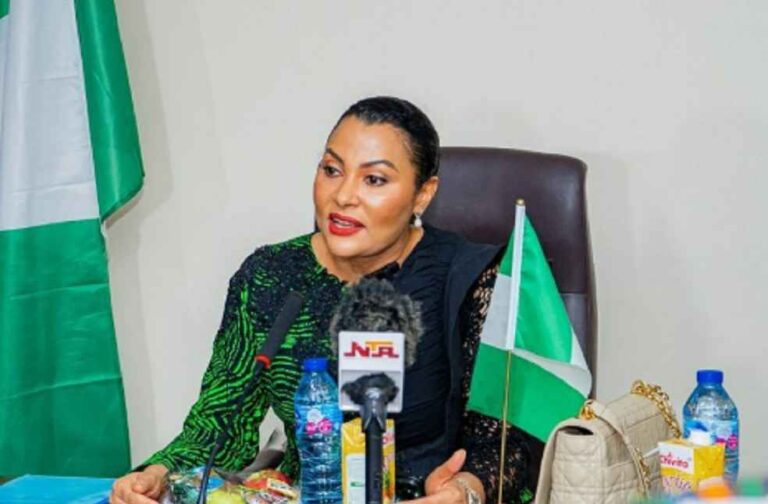Spearheaded by the Minister of Industry, Trade and Investment, Doris Uzoka-Anite, Nigeria embarks automate its export permit process. This initiative unites the Customs Service, Central Bank of Nigeria (CBN), and the Ministry of Finance. The goal is to drive transparency and ensure precise repatriation of export proceeds. This automation marks a pivotal step towards enhancing foreign exchange market liquidity and fortifying the Naira.
The CBN’s recent policy adjustment sets price deviation limits for exports and imports at -15% and +15% relative to global averages. This strategic move targets the eradication of over-invoicing practices, historically exploited to siphon foreign exchange from Nigeria. Such measures reflect the government’s dedication to securing the return of foreign exchange earnings from exports.
During a Ministerial Press Briefing in Abuja, Uzoka-Anite underscored the digitization of the export permit framework as a key to augmenting transparency. This digital overhaul promises a comprehensive audit trail, ensuring all exports and their financial returns are meticulously accounted for.

Uzoka-Anite also disclosed Nigeria’s capture of over $30 billion in investor commitments spanning international and local spheres, signaling robust confidence in the Nigerian economic landscape. These investments, forecasted to materialize over five to eight years, encompass equipment procurement and direct manufacturing injections.
Revelations include a $14 billion FDI influx announced at the G20 summit in India, alongside a $7 billion commitment from a leading Indian steel conglomerate for Nigeria’s steel industry. The oil and gas free zone has attracted an additional $10 billion, with the Nigerian Bottling Company committing to a $1 billion investment over the next half-decade.
Trade relations flourish, evidenced by the Enhanced Trade in Partnership (ETIP) agreement with the United Kingdom. This pact facilitates seamless trade operations, broadening the horizon for Nigerian exports to the UK under the UK Developing Countries Trading Scheme (DCTS).

The Ministry’s focus sharpens on employment generation through the inception of a National Job Centre and the rollout of initiatives such as the Skill-UP Artisans program (SUPA) and the National Talent Exchange Program (NATEP). These ventures aim to align industry vacancies with the talent pool, fostering economic upliftment.
Parallel to domestic endeavors, Nigeria negotiates entry into the Africa Continental Free Trade Area (AFCFTA) Agreement, heralding a new era of diversified exports, enhanced market access, and elevated trade opportunities, alongside increased foreign direct investment allure.
BUSINESS GENERAL | Nigeria-UK ETIP Pact: Green Energy Leap in Historic Trade Agreement



